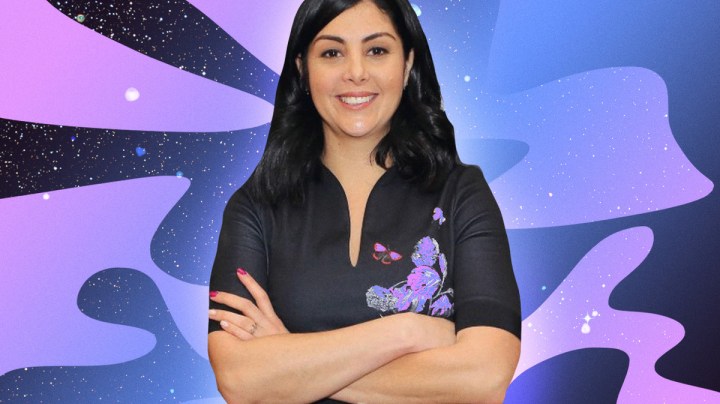Meet Diana Trujillo, the Colombian Flight Director for the Historic Mars Perseverance Rover

Art by Stephany Torres for Remezcla
When NASA’s Mars Perseverance rover touched down on the Red Planet on February 18, the whole world was watching, but no one was watching more intently than aerospace engineer Diana Trujillo, the flight director for the historic Mars Perseverance Rover.
“I was very much on the mindset of ‘What’s happening?'” she said. “Are we safe?”
When pictures and videos from Perseverance started to beam back minutes later, that’s when it became real. “I think that watching the image was when I actually processed that we had actually landed,” she added.
But she started reaching for the skies long before that historic day in February. Her dreams of reaching space and wanting to understand the universe came as a young person in Cali, Colombia, where she says she would lie beneath the stars, and think “Something has to be out there that’s better than this.”
Her mother had given up medical school after she married Trujillo’s father and got pregnant. When her parents were divorcing, her mother ended up with nothing, as Colombia is still largely machista. It was not what she wanted for her future.
“My parents got divorced when I turned 12. After that happened, my mom had nothing. No money. We didn’t even have food. We’d boil an egg and we’d cut it in half, and that was our lunch that day,” she said. “I remember just laying down on the grass and looking at the sky and thinking, ‘Something has to be out there that’s better than this. Some other species that treats themselves better or values people better.'”
At 17 years old, she decided to go to the United States, arriving with only $300 and not speaking any English. She worked housekeeping jobs to pay for her studies and later joined NASA in 2007.
She is now elevating Latinos in STEM, having been the first Hispanic woman to join the NASA Academy. Just last week (February), Trujillo hosted NASA’s first-ever Spanish language broadcast for planetary landing. Trujillo said her goal is to help the next generation of Latina women realize they, too, can be successful in the STEM world.
“The abuelas, the moms or dads, the uncles, los primos, like everyone has to see this,” she told CBS News. “And they have to see a woman in there, too. So that they can turn around to the younger generation and say, ‘She can do it, you can do it.'”